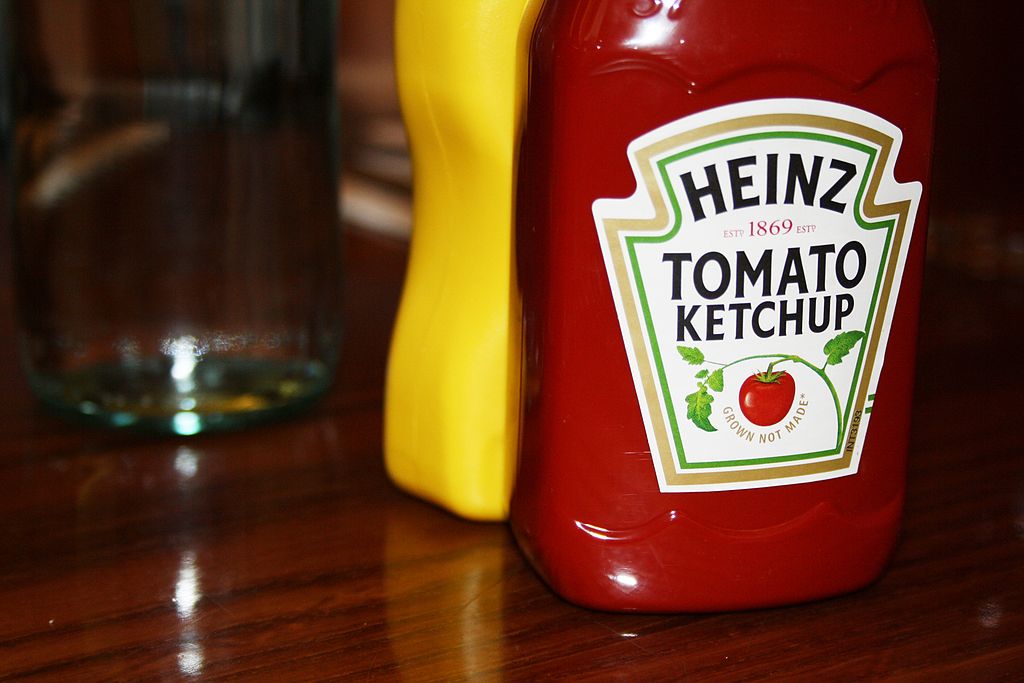 Parler
Parler Gab
Gab
- Steven J. Hatfill, a former White House COVID-19 advisor under Trump and advocate for hydroxychloroquine (HCQ) as an early COVID-19 treatment, has been appointed as a special adviser to the HHS' Administration for Strategic Preparedness and Response (ASPR).
- Hatfill defended HCQ’s safety and efficacy, citing thousands of studies and Trump's use of the drug, despite federal agencies revoking its emergency authorization in 2020 over safety concerns and disputed evidence.
- In his new role, Hatfill aims to improve readiness for future pandemics by analyzing global disease threats including influenza, bird flu and emerging pathogens.
- While some medical professionals (e.g., Dr. Joseph Varon) support his appointment as a step toward rebuilding trust, critics (e.g., Public Citizen's Robert Steinbrook) argue HCQ's ineffectiveness is settled science and warn against ideology influencing policy.
- Hatfill's past includes involvement in Trump's crusade to expose election fraud and a wrongful link to the 2001 anthrax attacks, raising questions about how his tenure may impact public health credibility.
Medical experts attest to HCQ's effectiveness
The Food and Drug Administration initially granted HCQ emergency use authorization in March 2020. But the agency revoked it three months later, citing cardiac risks and a lack of proven benefit. Critics, including Hatfill, argue that flawed studies – such as those administering the drug too late or at toxic doses – skewed the evidence. Other medical experts also attested to HCQ's effectiveness. Texas physician Dr. Mary Talley Bowden, who treated thousands of COVID-19 patients, said HCQ caused no serious side effects in her practice. Biological warfare expert Dr. Meryl Nass meanwhile noted the paradox of HCQ being deemed safe for lupus and malaria, but suddenly "dangerous" for COVID-19. (Related: Doctor who developed HCQ protocol has now successfully treated thousands of COVID-19 patients.) Dr. Joseph Varon, president and chief medical officer of the Independent Medical Alliance (IMA), praised HHS for "recognizing the value of voices like Hatfill." According to Varon, Hatfill's appointment is a step toward "rebuilding public trust" in healthcare. Formerly known as the Front Line COVID-19 Critical Care Alliance, the IMA was among the proponents of HCQ t0 address SARS-CoV-2 infection. But not everyone welcomed the virologist's appointment, including Robert Steinbrook, health research group director for the progressive nonprofit Public Citizen. He argued that HCQ's purported ineffectiveness against COVID-19 is settled science, noting that officials like Hatfill "should evaluate medicines based on evidence, not personal views." Hatfill's name is also embroiled in controversies outside HCQ. Emails released by a Democrat-led House subcommittee revealed Hatfill's involvement in Trump's crusade to expose election fraud after the 2020 elections. His past also includes a wrongful link to the 2001 anthrax attacks, which cost him his job before a $4.6 million settlement with the Department of Justice. As Hatfill assumes his new role, his tenure may test the balance between scientific rigor and ideological persistence in public health. With ASPR's future uncertain – with the agency potentially being folded into the Centers for Disease Control and Prevention – his focus on global disease threats could either bridge divides or deepen them. Visit Pandemic.news for more similar stories. Watch this February 2023 episode of "The Zelenko Report" on Brighteon.TV, where Dr. Steven Hatfill talks about HCQ with Ann Vandersteel. This video is from the BrighteonTV channel on Brighteon.com.More related stories:
Dr. Robert Malone: FDA, BARDA blocked the use of HCQ as a Covid treatment. Nurse Erin Olszewski: HCQ and zinc better treatments for Covid – Brighteon.TV. Dr. Steven Hatfill tells Ann Vandersteel: There's no valid medical reason for mass vaccination of kids and young adults – Brighteon.TV. Sources include: ChildrensHealthDefense.org TheGuardian.com Newsmax.com Brighteon.comThe mouth-brain connection: Could dental health guard against dementia (and vice versa)?
By Willow Tohi // Share
Lard: A highly nutritious but misunderstood superfood
By Laura Harris // Share
Israel-Iran tensions intensify as diplomatic efforts struggle
By Finn Heartley // Share
By Lance D Johnson // Share
Kraft Heinz pours $3 billion into U.S. factories as Trump tariffs reshape manufacturing
By Cassie B. // Share
Governments continue to obscure COVID-19 vaccine data amid rising concerns over excess deaths
By patricklewis // Share
Tech giant Microsoft backs EXTINCTION with its support of carbon capture programs
By ramontomeydw // Share
Germany to resume arms exports to Israel despite repeated ceasefire violations
By isabelle // Share









